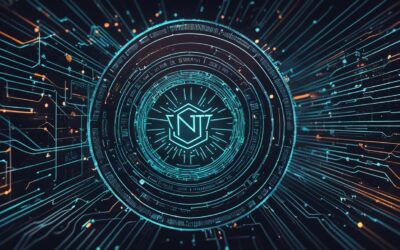In the world of blockchain networks, the evolution of cryptocurrencies is driven by various technological advancements. One of these advancements is the concept of soft forks. A soft fork refers to a change in the software protocol of a blockchain network that renders...
What are
What are Hard Forks?
A hard fork in blockchain technology is a significant change to a network's protocol, making previously invalid blocks and transactions valid, or vice versa. It requires all users to upgrade to the latest version of the software. This results in the blockchain...
What are Public Keys?
In cryptocurrency, public keys are used to secure transactions and verify ownership of digital assets. They are part of a key pair, with the public key being shared and the private key kept secret. Public keys allow users to receive cryptocurrencies, while the private...
What Are Private Keys?
A private key is a critical alphanumeric code used to secure and authorize cryptocurrency transactions. It acts as proof of ownership for digital assets and is essential for accessing and managing your crypto holdings. Private keys work with public addresses to enable...
What are Cryptocurrency Wallets?
A cryptocurrency wallet is a digital tool used to store and manage your digital assets securely. It works similarly to a traditional wallet but instead of cash, it holds the private keys needed to access and sign transactions on the blockchain. These wallets can be...
What are Initial Coin Offerings (ICOs)?
ICOs (Initial Coin Offerings) are a method of raising funds in the cryptocurrency industry where companies issue tokens on a blockchain to investors in exchange for financial contributions. These tokens may represent ownership or give access to a product or service...
What are Non-Fungible Tokens (NFTs)?
Non-Fungible Tokens (NFTs) are unique digital items stored on the blockchain, representing things like artwork, real estate, or even personal property. Unlike cryptocurrencies, NFTs can't be swapped for one another since each one is distinct and has its own...
What are Smart Contracts?
Smart contracts are automated digital agreements stored on the blockchain, executing automatically when predefined conditions are met. They offer a secure, transparent, and efficient way to handle transactions, removing the need for intermediaries and reducing...
What are Cryptocurrency Exchanges?
Cryptocurrency exchanges are platforms where users can buy, sell, and trade digital currencies. These exchanges provide a marketplace for converting digital currencies into traditional fiat money or other cryptocurrencies, enabling convenient access to the crypto...









